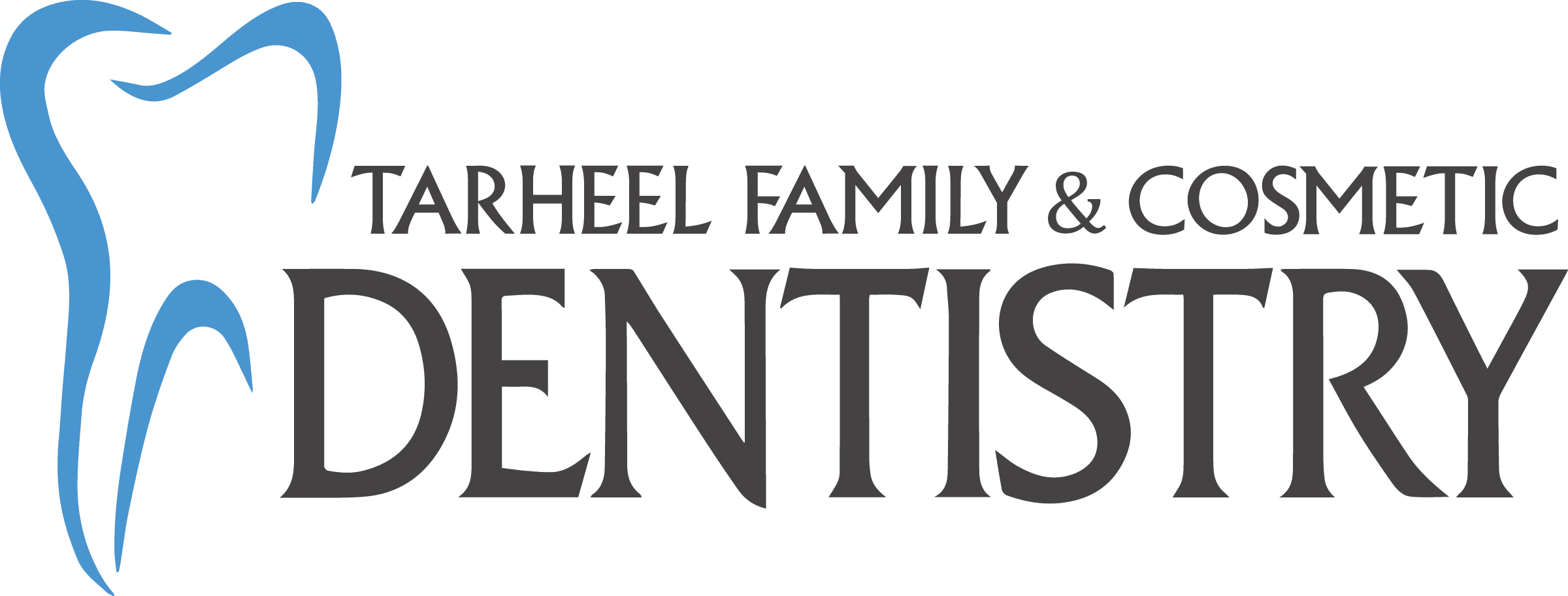Headaches are a pain. Not only can they ruin our day, but they can also disrupt our lives. If you suffer from frequent headaches, you want to get to the bottom of what is causing them. Seeking medical attention is one way to find the reason for your pain. While you consult your doctor, you should also consider visiting your dentist. Many people don’t realize that dental issues can cause their unexplained headaches.
There are many dental problems that can cause headaches or headache-like symptoms. Your teeth or jaw may be the culprit of your headaches. During your next appointment, ask your dentist if they can assess your teeth, bite pattern, and jaw for potential causes. Conditions like bruxism, TMJ, and even toothaches can initiate or worsen headaches.

Bruxism
Bruxism is a condition in which a patient will grind their teeth or clench their jaw. While grinding your teeth may not directly cause a headache, it can create pain that can “refer.” Referred pain is when you experience pain in one part of your body but feel it in another. For example, you may get a headache because your teeth hurt from grinding.
Also, grinding your teeth can put a lot of stress on your teeth and jaws. This part of your body shouldn’t undergo this additional pressure. As a result, you can experience soreness in your facial and jaw muscles. In fact, your face can become painful to the touch if you have a severe case of bruxism. On top of the pain in your muscles and headaches, bruxism can lead to chipped or broken teeth. Over time, your teeth can wear down and become flat. In severe cases, your teeth can loosen.
Temporomandibular Joint Disorder (TMJ)
Another potential cause of your headaches may lie within your jaw. TMJ affects the jaw joint and the surrounding muscles. Mild cases of TMJ create a popping or clicking sound in the jaw joint when you open or close your mouth. Severe cases of TMJ can cause a jaw to lock in place.
Most cases of TMJ won’t give you headaches or require treatment. However, some cases of TMJ can prevent you from hinging your jaw. Meaning, you can’t open and close your mouth properly. Additionally, constant use of a dysfunctional jaw can cause headaches.
Bite Pattern and Toothaches
Your “bite” is where your top teeth and bottom teeth meet when your mouth closes. If you have a “bad” bite, there is an issue with how your teeth fit together. An underbite and an overbite are both common examples of bad bites.
If your teeth do not align properly, your jaw has to work harder in order to chew or speak effectively. Over time, this can create muscle fatigue or joint dysfunction. Also, bad bites can cause you to strike your teeth incorrectly, developing chips or breaks. If you have a chipped or broken tooth, you can experience pain or discomfort. When you have pain in your teeth or jaw, it can create headaches.
